What does it bring for students and staff?
Brexit brought an end to the 25 year Erasmus scheme for the UK. Although Northern Ireland and the UK were assured that they would continue to participate in the £13 billion support scheme. This is no longer the case. In January, education secretary Gavin Williamson voted against any involvement in Erasmus in any Brexit deal. Willamson stated that the UK would develop their own Erasmus scheme again, even though Boris Johnson reassured there was “no threat”.
Conflicting statements and being generally deceived, the continuing and consistent outcome of the British government on Brexit plus other political matters (but not for this article)
So it is the 24th December and we are greeted with an early Christmas present, “no membership in the Erasmus scheme”……………………..devastating news!
Although on that very same day, the Turing scheme is announced! An alternative, some light to a dark day…….the nightmare before Christmas!
So who is Turing?
Turing is a mathematician and computer scientist who developed the basis for the first computer (Turing machine) in 1936 and a test for AI in 1950 which is still used today amongst other technical and historical breakthroughs.
What does the Turing scheme offer?
Boris stated that it would be a global replacement for Erasmus+ scheme that will involve the best universities in the world…………………………………universities? What about vocational placements that fall under the Erasmus+? We in VET learning are still unclear. So, the British government updated its’ international education strategy and that the Turing scheme is for universities, colleges and schools. There will be £105 million for 35,000 placement students for anywhere in the world for between 2-12 weeks commencing September 2021.
Breakdown of Funding released by FE week states that:
- £35 million for Further Education – €39.8 million available in UK 2020 for vocational education students – some positive opportunity roughly equalling Erasmus!!
- £60 million for universities
- £10 million for schools
That is the rough equivalent of:
- 10,000 FE placements
- 20,000 HE placements
- 5,000 school placements
So, what about staff?
Unfortunately, this is for students only and not staff. Well accompanying staff for safety purposes on student mobilities but no staff mobilities. The ability for teachers to learn from different cultural approaches and technical training that motivate, re-invigorate and develop new ideas and work ethics. The ability to learn from Europe’s elite in the likes of Finland and the Basque country with their innovative approaches to further education and vocational training.
What about collaborative projects and partnerships with other European professionals?
Again, more bad news! No more partnering with at least two partners across Europe discussing or piloting new ideas around curriculum or training to create and disseminate new resources.

